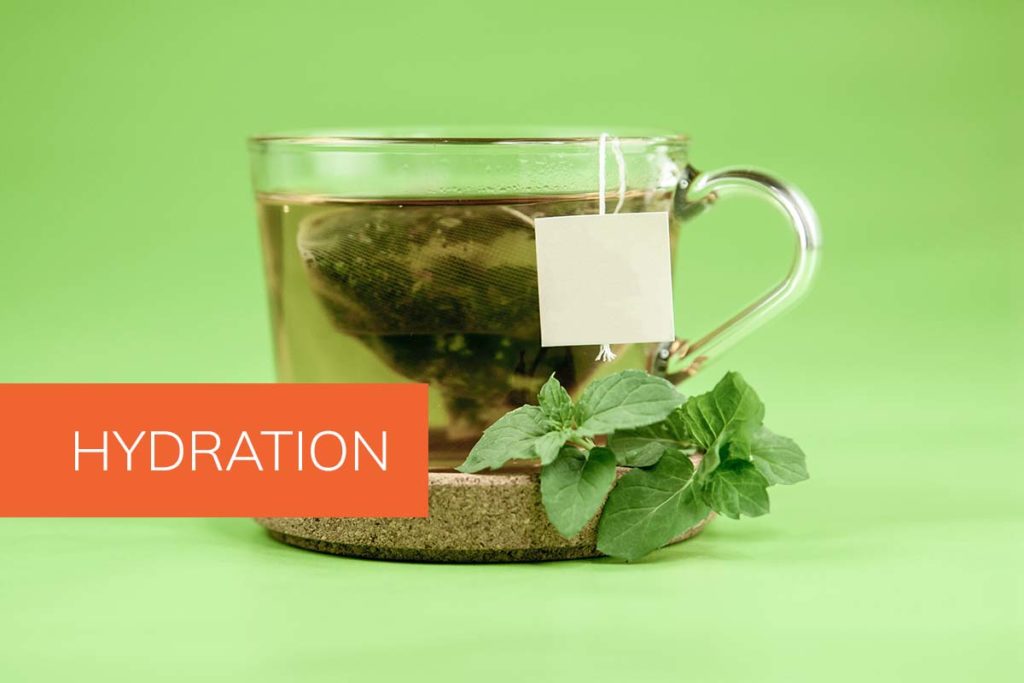Dry eye disease (DED) is a chronic condition that requires continual care and treatment to minimise symptoms. At Smart Vision Optometry, when we educate patients about their DED diagnosis, it is important to start with one of the basics: nutrition.
What we put into our bodies can directly affect how we feel and how our bodies function, and our eyes are no exception. Here is a list of foods, vitamins, and supplements that may ease patients’ DED symptoms and help keep their eyes healthy.

OMEGA FATTY ACIDS
In the treatment of DED, omega-3 fatty acids are often at the top of our list. Along with supplements, we recommend that patients incorporate omega-3s into their everyday diets. Fish such as wild salmon, tuna, and sardines are high in omega-3s. Nuts and seeds such as walnuts, flax, chia, and hemp seeds are great options also.
Omega-3s have long been known for their anti-inflammatory properties. They are activated in the tear film, and a metabolic deficiency in omega-3s can be a cause of chronic ocular surface inflammation. This chronic inflammation is a root cause of DED. A moderate daily dose of omega-3s can help reduce this inflammation, thus improving tear osmolarity and increasing tear stability. Omega-3s also increase the quality of meibomian gland oil, which helps improve the lipid layer in the tear film and prevents evaporative DED symptoms.
VITAMIN D
Research reveals that vitamin D is crucial for a properly functioning tear film. Dietary sources of vitamin D include fortified milk, cheese, yogurt, salmon, sardines, and egg yolks. Of course, getting out in the sunshine is another great way to get vitamin D.
Vitamin D deficiency has been linked to impaired tear film function. Vitamin D most likely protects the eye by helping decrease inflammation on the surface and improving tear secretions. About 30% of Australian adults are vitamin D deficient.
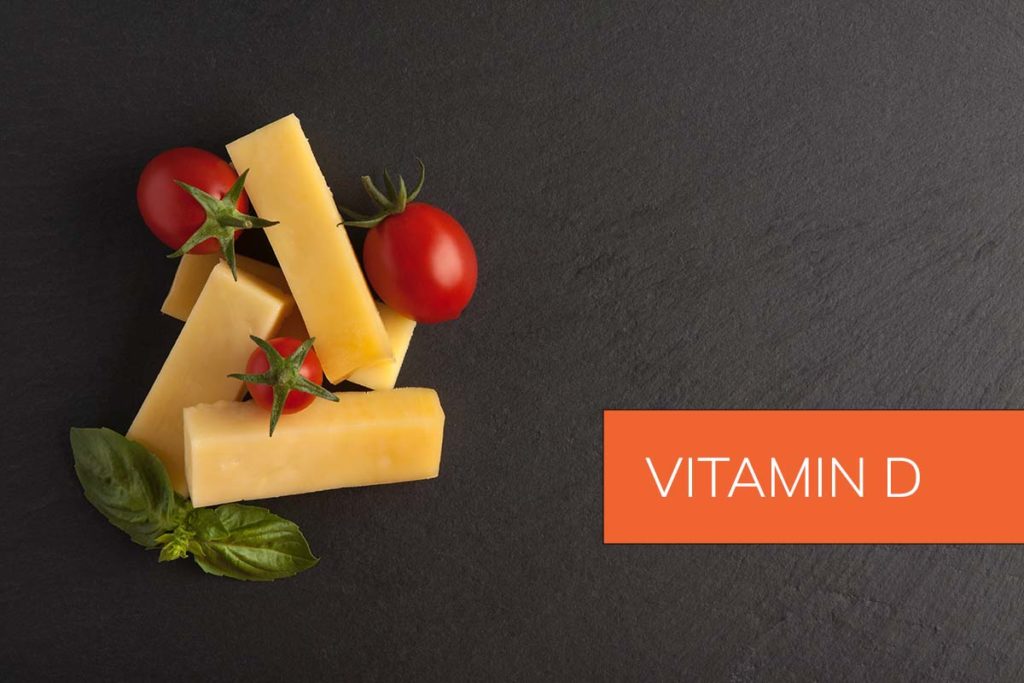
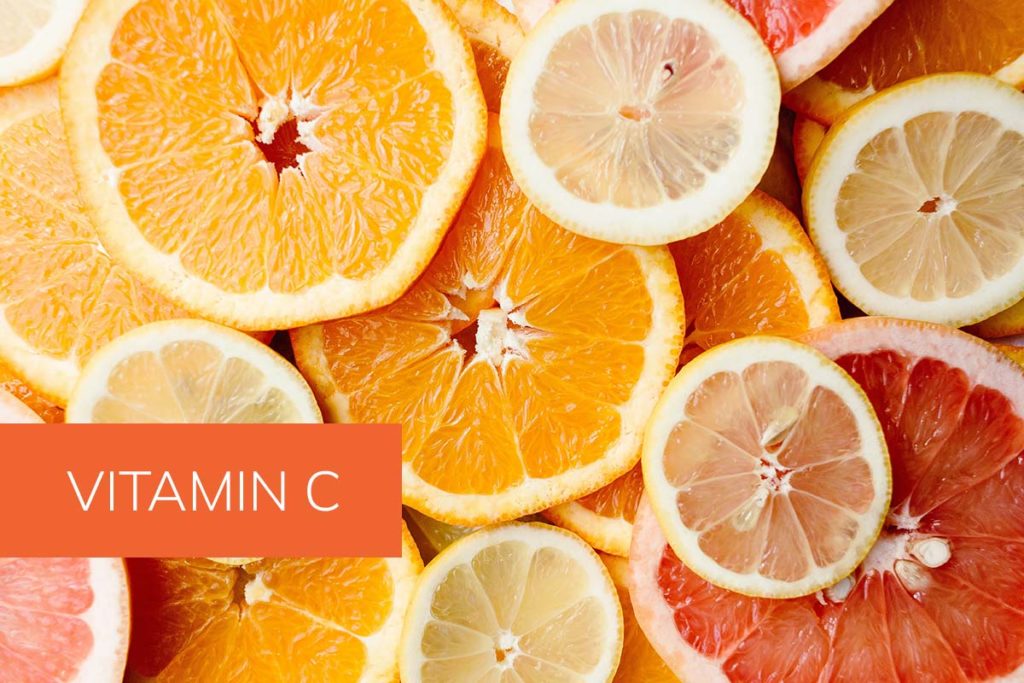
VITAMIN C
Vitamin C is well known for its role in fighting the common cold and maintaining a healthy immune system, but its benefits for combating DED are equally important. Vitamin C is found in citrus such as oranges, lemons, and grapefruit and in other fruits such as bananas, apples, and blueberries. Vitamin C provides antioxidants that help reduce oxidative stress and can improve the ocular surface by improving tear breakup time and goblet cell density.
VITAMIN E
Vitamin E also helps neutralise oxidation. Vitamin E boosts the immune system and protects the cells in our eyes from damage. It can be found in foods such as sunflower seeds, almonds, and peanuts. Vitamin E sourced from food may be more beneficial than vitamin E obtained through supplements.
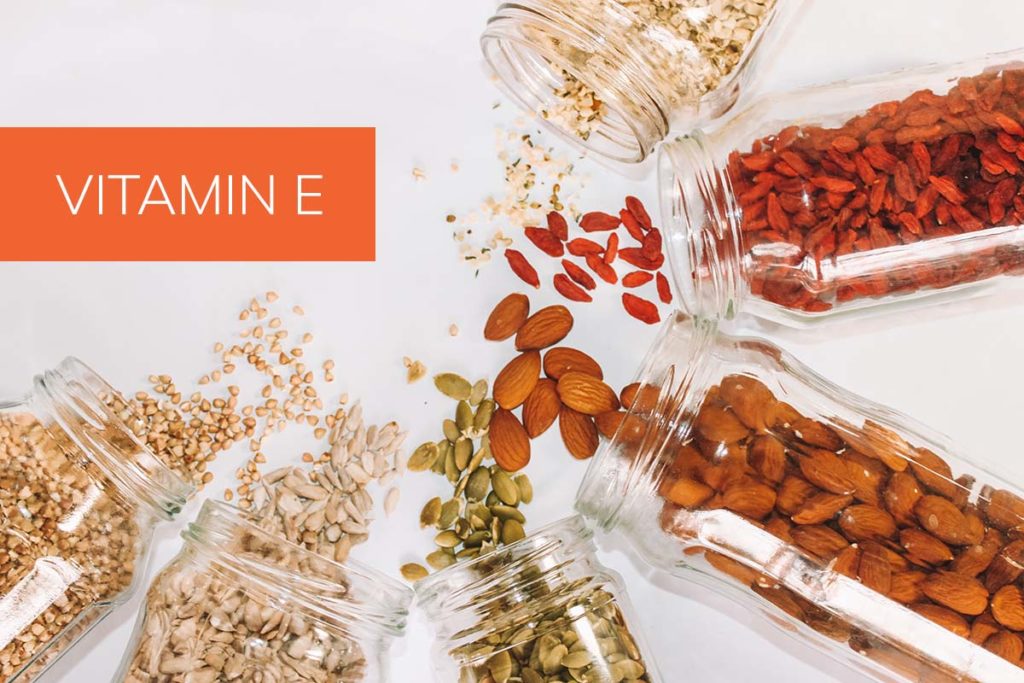
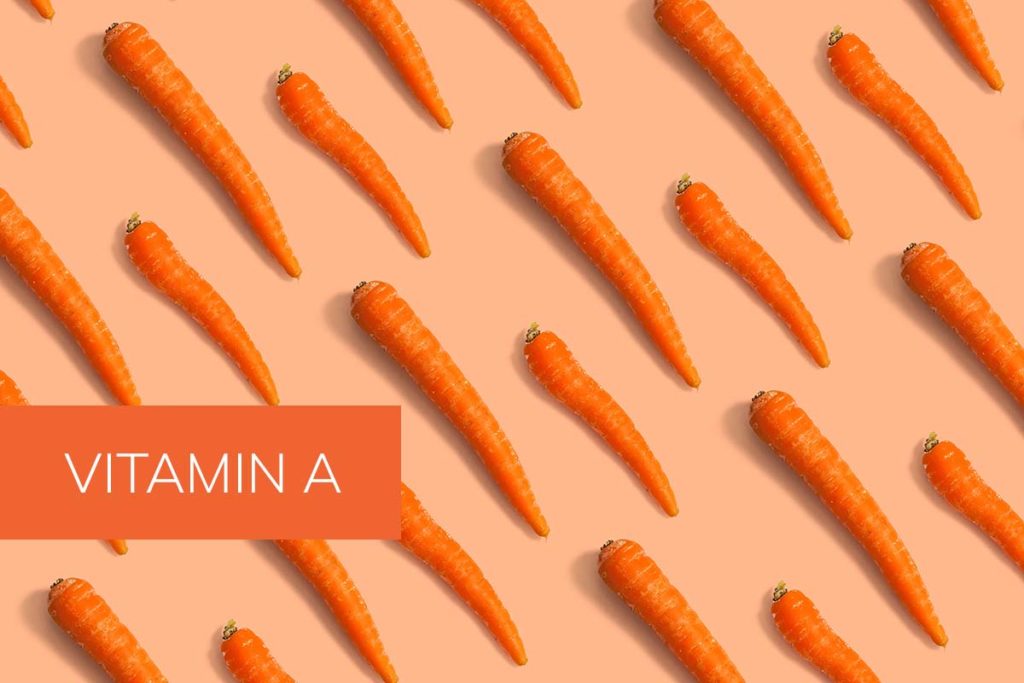
VITAMIN A
Vitamin A is another essential ingredient for combating DED. In fact, dry eyes can be one of the first symptoms of a vitamin A deficiency. Beta carotene in the diet converts to vitamin A. It is best absorbed through diet, so we recommend that patients do not take supplements of vitamin A but rather consume beta carotene in their everyday diets. Beta carotene is found in orange vegetables such as carrots and sweet potatoes. Green leafy vegetables such as spinach and kale are also great sources.
HYDRATION
In order to produce tears, it is important that the body be properly hydrated. It is important to drink water and other healthy fluids. Some drinks containing antioxidants will not only aid in hydration but will also help prevent oxidation. Green tea contains powerful antioxidants called catechins. Catechins have strong anti-inflammatory properties that help protect the eye against oxidative stress and may improve tear breakup time. Water, of course, is the best for promoting hydration.
